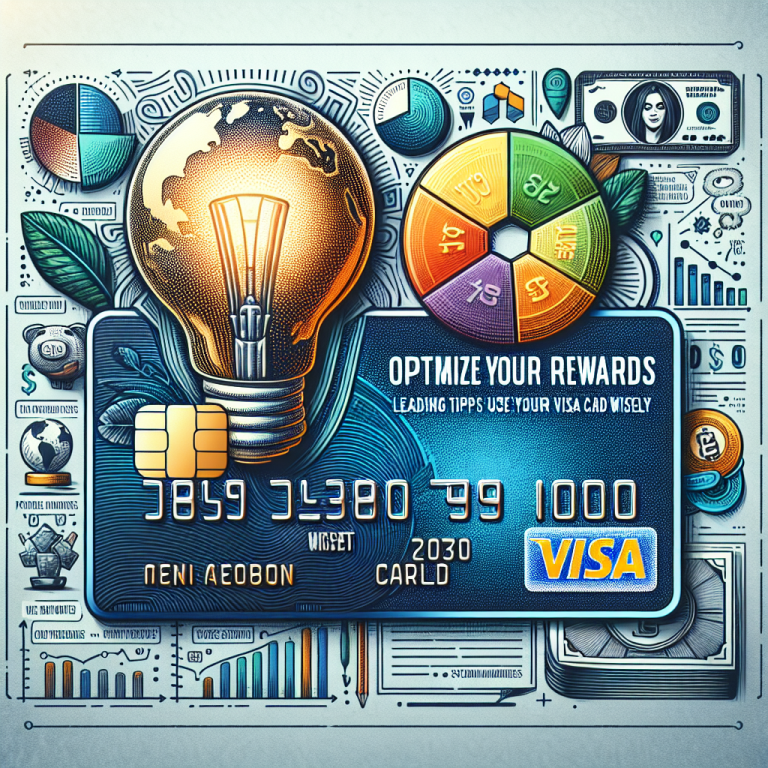The financial solutions landscape is undertaking a seismic shift, driven by the fast innovation of technology, transforming customer behaviors, and a relentless search of effectiveness. At the leading edge of this transformation are settlement institutions, which are redefining how deals are carried out, forming the future of finance in means formerly pictured only in sci-fi narratives. With a selection of ingenious remedies, these establishments are not simply responding to the demand for quicker, less costly, and more protected purchases; they are proactively establishing the phase for a brand-new era of economic inclusivity and capacity.
The Rise of Payment Institutions
Payment organizations, including electronic pocketbooks, mobile settlement apps, neobanks, and peer-to-peer transfer platforms, are disrupting standard financial designs. Unlike conventional banks, which use a vast array of monetary solutions, these specialized entities concentrate primarily on the transaction procedure. Their agility and focus on user experience permit them to adjust promptly to market requirements, thereby satisfying an expanding appetite for smooth monetary options.
Trick Innovations Driving Change
1. Real-Time Payments
One of one of the most substantial developments in the payments landscape is the introduction of real-time payment systems. Individuals can obtain and send cash instantaneously, damaging the obstacles of traditional financial procedures that typically include hold-ups as a result of organization hours or interbank settlement times. This immediacy enhances cash flow for organizations and gives customers with pleasure principle, basically altering expectations around deal rate.
2. Blockchain and Cryptocurrencies
The integration of blockchain technology and cryptocurrencies into mainstream money has extensive effects for the future of deals. Blockchain’s decentralized nature makes it possible for greater openness, protection, and lowered transaction costs. Cryptocurrencies, at the same time, offer a different means of moving worth without the requirement for a centralized authority. Payment establishments leveraging these innovations are paving the way for cross-border deals that are much faster and much more cost-effective, breaking down geographical barriers in profession and business.
3. Expert System and Machine Learning
AI and machine learning systems are being progressively related to settlement handling, scams detection, and customer service. By examining vast amounts of deal information, these modern technologies can determine patterns that show illegal task and flag dubious deals in real-time. In addition, AI-powered chatbots offer 24/7 consumer assistance, providing instant solutions to consumer queries. This not only improves safety yet likewise boosts individual experience and trust in electronic payment options.
4. Biometric Payments
As safety and security remains a leading priority for companies and consumers alike, biometric settlements offer a cutting-edge solution. Finger prints, facial recognition, and voice-activated commands are ending up being increasingly common as approaches for authentication in the settlement process. This not just enhances safety but also improves user interaction, making transactions as straightforward as a touch or glimpse.
5. Omnichannel Payment Solutions
With clients increasingly engaging across multiple platforms– online, mobile, in-store– payment institutions are creating omnichannel solutions that supply a merged deal experience. This indicates consumers can start an acquisition on one gadget and finish it on one more, without shedding deal background or requiring to come back settlement info. This seamless shift constructs consumer loyalty, as customers value the versatility and ease of a natural repayment community.
The Impact on Financial Inclusion
Probably one of one of the most significant modifications brought about by repayment organizations is their possible to enhance economic incorporation. By providing mostly to digital-savvy more youthful generations and unbanked populaces alike, these entities are difficult traditional monetary standards. Mobile repayment options and microfinancing alternatives enable people in establishing nations to access financial solutions, borrow, and invest in manner ins which were previously unattainable. Repayment establishments are bringing financial solutions to the fingertips of millions who have been left out from the standard financial system.
Regulative Challenges and the Path Forward
In spite of their fast growth and myriad benefits, repayment organizations encounter governing obstacles in different jurisdictions. Federal governments and economic regulatory authorities are facing how to effectively manage these brand-new entities to guarantee consumer defense, information personal privacy, and economic stability. Striking an equilibrium in between innovation and guideline will certainly be essential as the sector remains to progress.
Conclusion
As we want to the future, it is clear that settlement organizations are poised to reinvent monetary solutions. Their influence on the rate, safety, and inclusivity of deals is not only reshaping consumer habits yet additionally changing global business. By welcoming ingenious modern technologies and resolving regulative difficulties, these institutions will remain to pave the way for a more interconnected and effective financial system. The future of deals is not nearly just how we pay; it’s about how we empower individuals and companies to engage in business in means formerly thought difficult. As this amazing trip unfolds, we can expect to see financial solutions end up being extra obtainable, reliable, and consumer-centric.
At the leading edge of this change are payment organizations, which are redefining exactly how transactions are performed, forming the future of money in methods formerly imagined only in sci-fi narratives. Settlement organizations, including electronic pocketbooks, mobile payment apps, neobanks, and peer-to-peer transfer systems, are disrupting standard financial designs. One of the most substantial developments in the payments landscape is the arrival of real-time payment systems. With customers increasingly engaging across multiple systems– online, mobile, in-store– payment organizations are establishing omnichannel solutions that offer a combined purchase experience. As we look to the future, it is clear that settlement establishments are positioned to change economic services.


